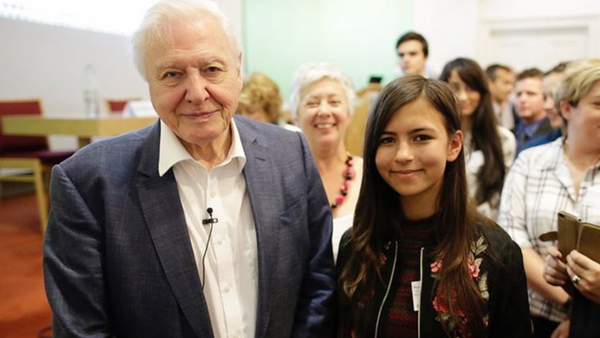It is three weeks now since the event we hosted here at the RSA to discuss our idea of a contract between the arts and cultural sector and government. It is something of a cliché that in the pursuit of new solutions we should more willing to tolerate failure, and I am going to own up to some things that went wrong. Still, overall, the post event feedback confirms that this is an idea that has legs.
The first thing to say is that, from a standing start, the idea generated a lot of interest in a very short period of time. I published the draft contract in a blog post on 20th February. The post got widely circulated achieving the second highest retweet score of any I have posted in the last eight years. Two weeks later the event here at the RSA was packed out with 120 people attending and nearly 600 live webcast viewers. There were just under a thousand tweets under the hashtag #culturalcontract. Not bad for an idea that was only first mooted in mid-December.
It was at the event itself that things started to go awry. My speech failed sufficiently to address a lack of clarity in the room about the basics of the idea. And though we had encouraged our speakers and participants to share both enthusiasm and doubts about the approach, perhaps because people are unused to such candour, the criticisms made more impact than the support. Then when it came to feedback it was clear that the aggregate doubts about the idea outweighed the aggregate enthusiasm. Putting all this together it was hard not to feel that on the day we had failed to inspire the level of commitment for which we had hoped.
Yet the feedback since the event has been much more positive. The general tone being ‘you may have got the detail wrong and misjudged the sector’s appetite to commit so quickly to such a big idea, but don’t give up; the idea itself has merit’.
So what do I conclude:
The sector is good at coming together but only when it has decided it really needs to. We simply didn’t have the time to do the preparation to build that consensus. It felt like we were trying to steer people into a substantive undertaking too quickly.
Yet, many people across the arts liked the idea of a reciprocal statement in which the sector offers progress in key areas in exchange for government nationally and locally treating the sector to the seriousness and support it deserves. Also, people much preferred the idea of a ‘compact’ - which is what the third sector’s equivalent deal is called - to a ‘contract’.
There is an appetite to examine the idea further and I sense that the debate about a possible compact is likely to continue within the sector, but we could do with some encouragement from an incoming Government. To give time and effort to develop the idea – particularly the hard work of finding consensus within the sector – we need a sense that Whitehall or town hall are up for their side of the bargain.
At some time in the future– after the hard work of engaging the sector deeply in the process - a major event where key figures in the arts and cultural sector join with the Prime Minister, DCMS Secretary of State and local government leaders to sign an ambitious arts and culture compact could be a powerful, game changing, moment. I am glad we took the initiative and I am committed to the RSA putting art and culture at the heart of our Power to Create outlook, but if the best way to keep the idea alive is to hand it over to others in the sector then that’s absolutely what should happen. The RSA remains ready to lend its support.
Related articles
-
Mya-Rose Craig: Featured Fellow Q&A
Mya-Rose Craig
Mya-Rose Craig is a 20-year-old birdwatcher, environmentalist and activist, author and RSA Fellow. Read our conversation with her as part of our Featured Fellow Q&A series.
-
Open call: Creative collaboration and collective imagination research
Hannah Webster Ella Firebrace
Learn more about the UNBOXED: Collective Futures open call; inviting you to submit what you are doing to help shape better futures for people and planet.
-
UNBOXED: The importance of unlocking collective imagination
Joanna Choukeir
Find out about UNBOXED: Creativity in the UK, why its mission is so important, and what you can expect to see.




Be the first to write a comment
Comments
Please login to post a comment or reply
Don't have an account? Click here to register.